Scientists developed a gene called USAG-1, that can regenerate lost teeth in mice and ferrets.
A new study by scientists at Kyoto University and the University of Fukui, reports that an antibody for one gene — uterine sensitization associated gene-1 or USAG-1 — can stimulate tooth growth in mice suffering from tooth agenesis, a congenital condition.
Although the normal adult mouth has 32 teeth, about 1% of the population has more or fewer due to congenital conditions. Scientists have explored the genetic causes for cases having too many teeth as clues for regenerating teeth in adults.
According to Katsu Takahashi, one of the lead authors of the study and a senior lecturer at the Kyoto University Graduate School of Medicine, the fundamental molecules responsible for tooth development have already been identified.
“The morphogenesis of individual teeth depends on the interactions of several molecules including BMP, or bone morphogenetic protein, and Wnt signaling,” says Takahashi.
In mice deficient in USAG-1, an antagonist of BMP, the trace deciduous incisors survive and erupt as excess teeth. Credit Kyoto University/Katsu Takahashi
BMP and Wnt are involved in much more than tooth development. They modulate the growth of multiple organs and tissues well before the human body is even the size of a raisin. Consequently, drugs that directly affect their activity are commonly avoided, since side effects could affect the entire body.
Guessing that targeting the factors that antagonize BMP and Wnt specifically in tooth development could be safer, the team considered the gene USAG-1.
“We knew that suppressing USAG-1 benefits tooth growth. What we did not know was whether it would be enough,” adds Takahashi.
The scientists therefore investigated the effects of several monoclonal antibodies for USAG-1. Monoclonal antibodies are commonly used to treat cancers, arthritis, and vaccine development.
USAG-1 interacts with both BMP and Wnt. As a result, several of the antibodies led to poor birth and survival rates of the mice, affirming the importance of both BMP and Wnt on whole body growth. One promising antibody, however, disrupted the interaction of USAG-1 with BMP only.
The paper was published in Science Advances.
source Kyoto University

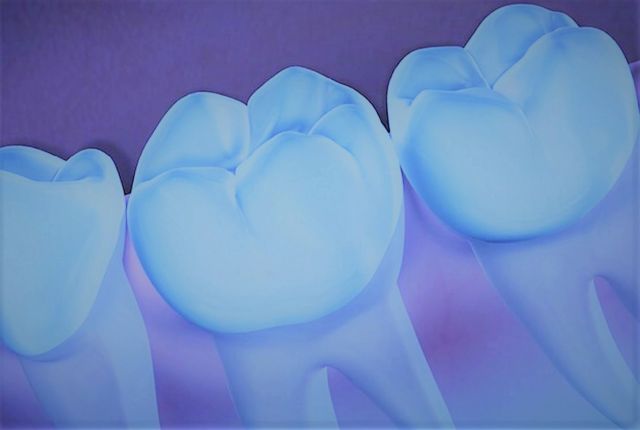
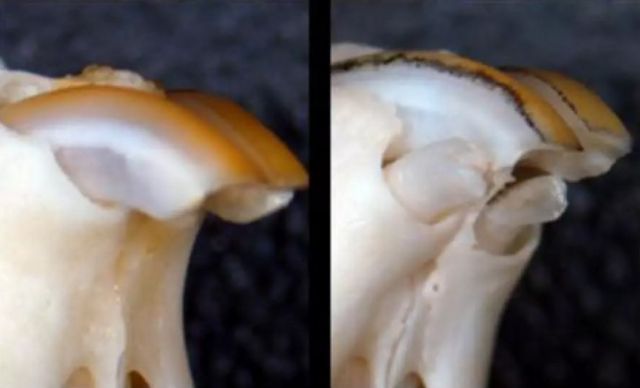
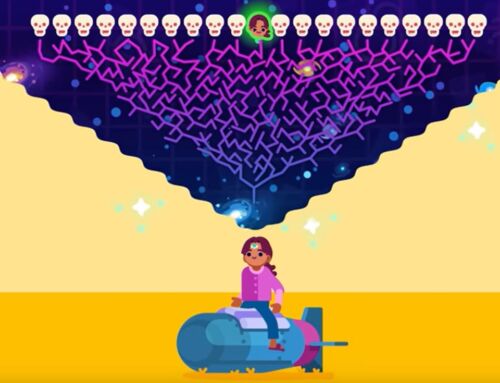
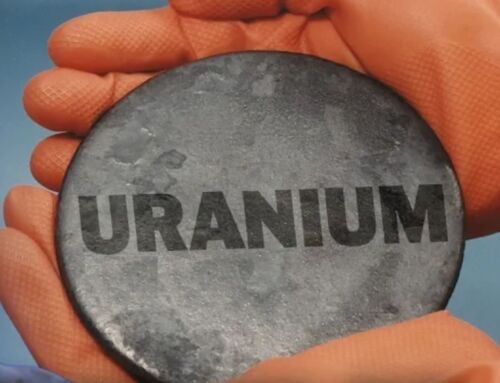
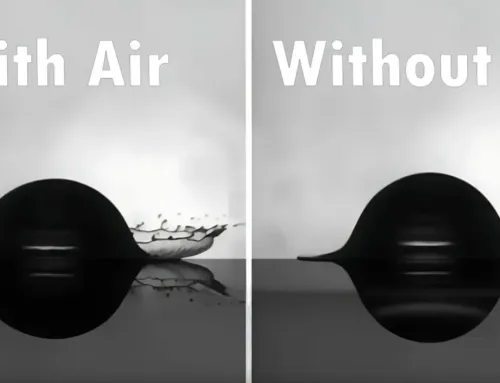
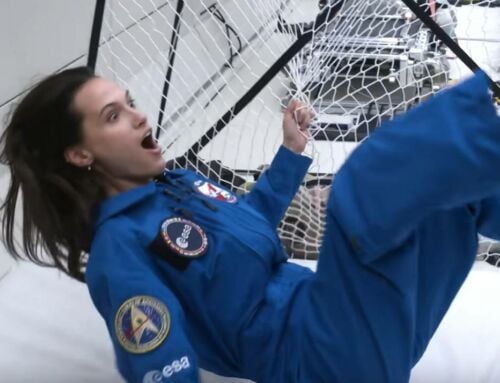
Leave A Comment